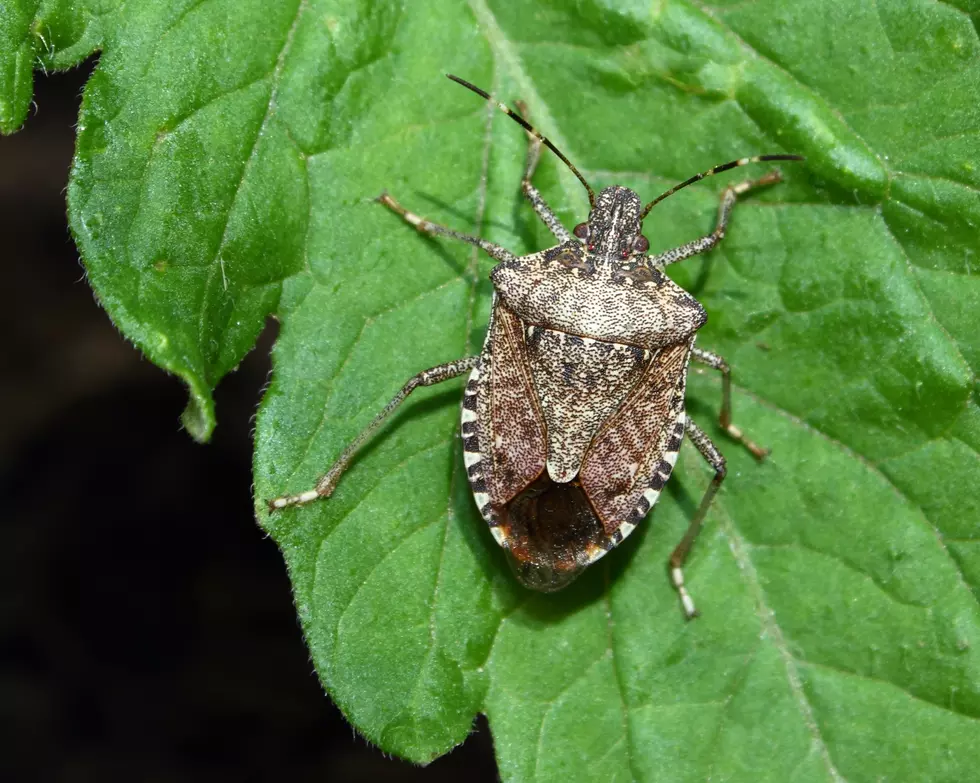
SouthCoast Fruit Crops Face Potential Danger From Stink Bugs
There are roughly 450 apple farms in Massachusetts and another 220 peach farms. That's more than 4,000 acres dedicated to growing apples and peaches.
In Rhode Island, there are about 60 apple farms and 12 peach farms totaling more than 200 acres.
There are orchards throughout the SouthCoast region, including Acushnet, which hosts the annual Apple Peach Festival.
All of New England harvests fruit and vegetables enough to sustain a farm economy and provide the masses with fresh products. When something threatens to upset the apple cart, folks around these parts sit up and take notice.
The potential threat comes from stink bugs.
The Weather Channel had a piece on this on Sunday that caught my attention, so I did a little bit of research to see how serious the threat is.
The University of Massachusetts Amherst said that "The invasive brown marmorated stink bug (BMSB), an insect not previously seen on our continent, has now been found in Massachusetts and at least 22 other states."
While there have been stink bugs in Massachusetts before, this particular variety is known to be an "agricultural pest" in its "native range of China, Japan, Korea, and Taiwan."

UMass Amherst's Center for Agriculture, Food and the Environment said the brown marmorated stink bug was "first observed in the U.S. at Allentown, Pennsylvania in 1998 and since then has become a serious pest of fruit, vegetables and farm crops in the Mid-Atlantic region. It is probable that it will become a pest of these commodities in other areas of the United States."
"Fruits attacked include apples, peaches, figs, mulberries, citrus fruits, and persimmons," UMass reported. "Feeding on fruits and vegetables resulting in scarring, cat-facing, and spotting of developing fruits and vegetables, reducing marketability. Crop damage can be significant."
The Massachusetts Department of Agriculture is monitoring the situation and has traps set across the state and "will report any significant captures."
Oxford Academy reported "climate change" may be driving more of the stink bugs northward where milder temperatures are allowing them to overwinter and multiply more rapidly.
Here's a List of All the Snakes Native to Massachusetts (Two Can Kill You)
Massachusetts Wildlife You Can Legally Take Home as Pets
More From WFHN-FM/FUN 107









